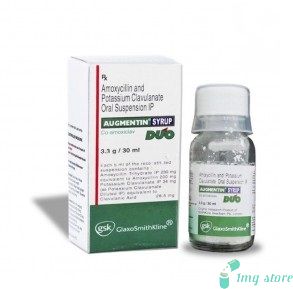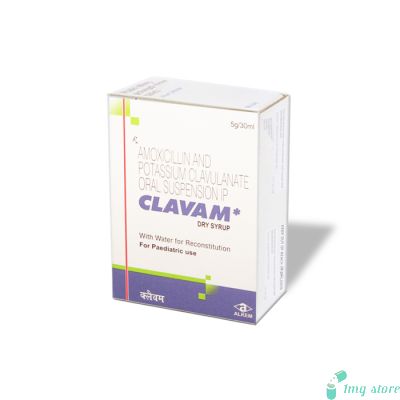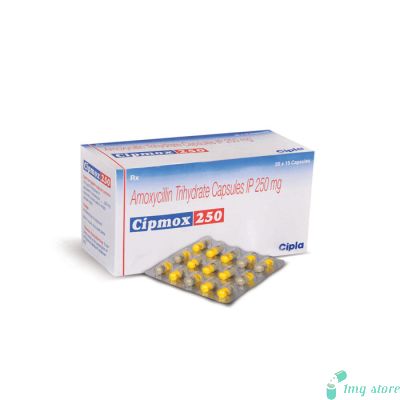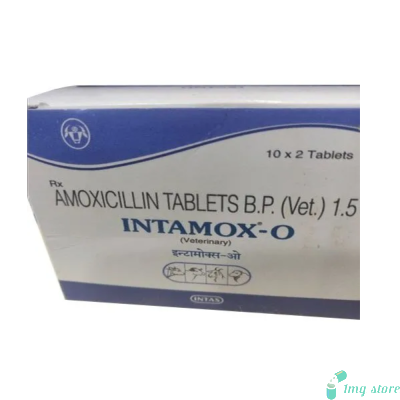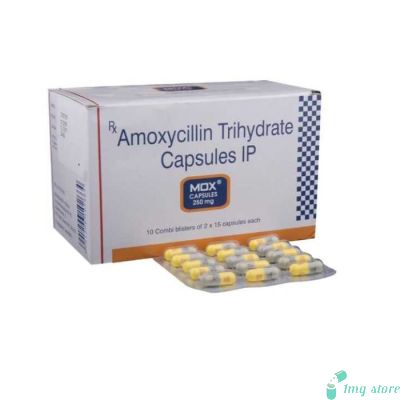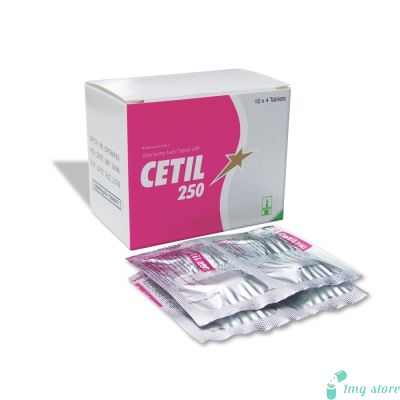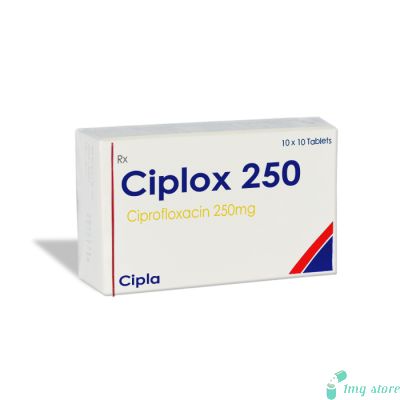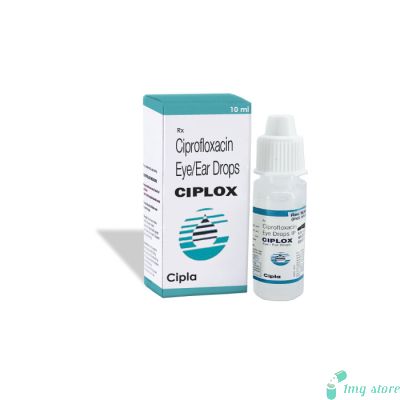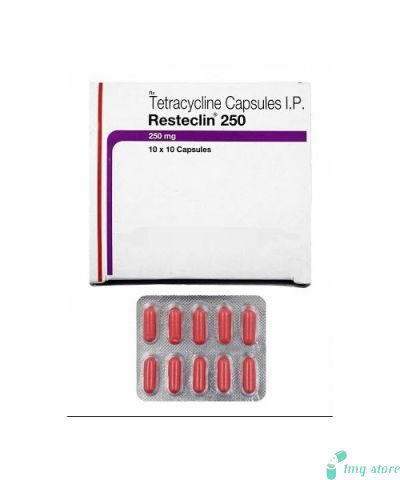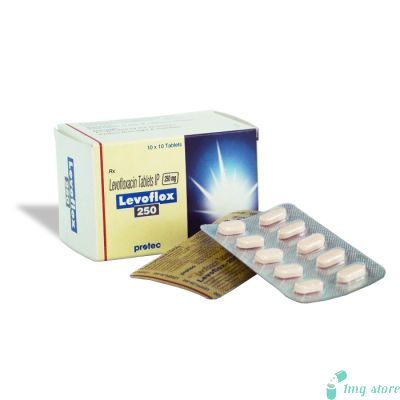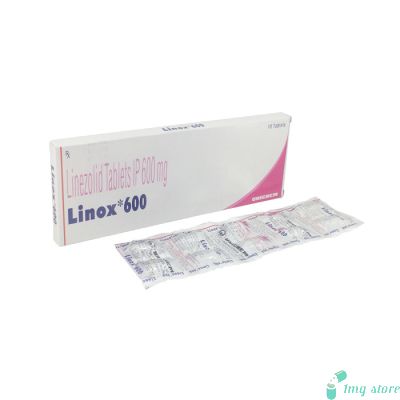Augmentin Tablet (Amoxicillin + Clavulanic Acid)
Buy Augmentin Tablet is a well-known brand name for a combination antibiotic medication that contains two active ingredients: amoxicillin and clavulanic acid.
Introduction to Augmentin Tablets (Amoxicillin + Clavulanic Acid)
Augmentin is a well-known brand name for a combination antibiotic medication that contains two active ingredients: amoxicillin and clavulanic acid. Amoxicillin belongs to the penicillin group of antibiotics and is effective against a wide range of Bacterial Infections. Clavulanic acid, on the other hand, is a beta-lactamase inhibitor that helps enhance the activity of amoxicillin by preventing its breakdown by certain bacterial enzymes. This combination makes Augmentin a potent and effective option for treating various bacterial infections.
Augmentin Tablets Dosage Information:
The dosage of Augmentin tablets varies depending on the severity of the infection, the patient's age, weight, and overall health. It's crucial to follow the prescribed dosage and complete the full course of treatment to ensure the infection is properly treated and to minimize the risk of antibiotic resistance. The dosage information provided here is a general guideline, and individual dosages may vary:
For adults and children over 12 years of age: The typical dosage is one Augmentin 500 mg tablet every 12 hours or one Augmentin 875 mg tablet every 12 hours for more severe infections.
For children aged 3 months to 12 years: The dosage is usually determined by the child's weight. The typical recommended dose is 25 mg/kg of amoxicillin combined with 6.25 mg/kg of clavulanic acid, divided into two doses per day.
It's essential to take Augmentin with a meal or snack to minimize stomach upset. Always follow your healthcare provider's instructions regarding dosage.
Amoxicillin Mechanism of Action:
Amoxicillin is a beta-lactam antibiotic that works by interfering with the formation of bacterial cell walls. It inhibits the transpeptidase enzyme responsible for cross-linking peptidoglycan chains, an essential component of the bacterial cell wall. This weakens the cell wall's structure, leading to cell lysis and bacterial death. Amoxicillin primarily targets actively growing bacteria, making it effective against a wide range of bacterial infections.
Clavulanic Acid Mechanism of Action:
Clavulanic acid is a beta-lactamase inhibitor that enhances the effectiveness of amoxicillin. Many bacteria produce beta-lactamase enzymes that can inactivate antibiotics like amoxicillin. Clavulanic acid binds irreversibly to these enzymes, preventing them from breaking down amoxicillin. This synergistic action allows amoxicillin to maintain its antibacterial efficacy against bacteria that would otherwise be resistant.
Amoxicillin Clavulanic Acid Tablet:
The Amoxicillin + Clavulanic Acid Tablet combines these two active ingredients to create a potent combination of Antibiotics. Amoxicillin tackles bacterial cell walls, while clavulanic acid safeguards amoxicillin from beta-lactamase enzymes. This dual-action approach broadens the spectrum of bacteria the tablet can target, making it particularly effective against challenging infections. The tablet's mechanism of action underscores its role in treating a wide variety of bacterial infections.
Certain precautions should be taken when using Augmentin Tablet (Amoxicillin + Clavulanic Acid)
- Inform your healthcare provider if you are allergic to penicillin antibiotics or any other medications before starting Augmentin.
- Mention any medical conditions you have, especially kidney disease, liver disease, or a history of gastrointestinal issues.
- If you are pregnant or breastfeeding, consult your healthcare provider before using Augmentin.
- Do not use Augmentin beyond the prescribed duration, as this can lead to antibiotic resistance.
- Avoid alcohol while taking Augmentin, as it may increase the risk of certain side effects.
Some of the specific indications for Augmentin Tablets (Amoxicillin + Clavulanic Acid):
Augmentin is used to treat a variety of bacterial infections, including but not limited to:
- Respiratory tract infections such as bronchitis, sinusitis, and pneumonia.
- Ear, nose, and throat infections.
- Skin and soft tissue infections.
- Urinary tract infections.
- Dental infections.
- Bone infections.
- Joint infections.
- Gynecological infections.
The combination of amoxicillin and clavulanic acid in Augmentin extends its spectrum of activity, making it effective against a broader range of bacteria, including those that might otherwise be resistant to amoxicillin alone.
Some of the secondary Effects of Augmentin Tablet (Amoxicillin + Clavulanic Acid)
Like any medication, Augmentin can cause side effects, although not everyone experiences them. Common side effects may include:
- Nausea
- Vomiting
- Diarrhea
- Stomach upset
- Headache
- Skin rash
Serious side effects are rare but can include severe allergic reactions, liver problems, and a reduced number of blood cells. If you experience any unusual or severe symptoms while taking Augmentin, seek medical attention promptly.
Answers to Common Inquiries About Augmentin Tablet (Amoxicillin + Clavulanic Acid)
FAQ 1: Can Augmentin be used to treat viral infections?
No, Augmentin is an antibiotic designed to combat bacterial infections. It's ineffective against viruses such as the common cold or flu.
FAQ 2: Can I drink alcohol while taking Augmentin?
It's advisable to avoid alcohol while on Augmentin, as it may increase the risk of side effects and potentially reduce the medication's effectiveness.
FAQ 3: What should I do if I miss a dose of Augmentin?
If you miss a dose, take it as soon as you remember. However, if it's almost time for the next dose, skip the missed dose and continue with your regular schedule. Do not double up on doses.
FAQ 4: Can Augmentin cause severe allergic reactions?
Yes, severe allergic reactions to Augmentin are possible, although rare. Seek medical attention immediately if you experience symptoms like rash, swelling, difficulty breathing, or severe dizziness.
FAQ 5: Can I stop taking Augmentin once my symptoms improve?
No, it's important to complete the full course of Augmentin as prescribed by your healthcare provider. Stopping early might not fully eliminate the infection and can contribute to antibiotic resistance. Always follow your doctor's instructions.
Significant Drug Interactions that Require Attention For Augmentin Tablet (Amoxicillin + Clavulanic Acid):
- Probenecid: Probenecid can increase the concentration of amoxicillin in the blood by reducing its elimination. This interaction may lead to higher amoxicillin levels, potentially increasing the risk of side effects.
- Methotrexate: Augmentin may enhance the toxicity of methotrexate, a medication used to treat certain cancers and autoimmune conditions. Close monitoring of blood levels and potential dose adjustments may be necessary.
- Oral Contraceptives: Augmentin can reduce the efficacy of oral contraceptives, potentially leading to unintended pregnancies. It's advisable to use an additional form of contraception while taking Augmentin and for a short time afterward.
- Warfarin: Augmentin may affect the metabolism of warfarin, an anticoagulant. Regular monitoring of clotting times is recommended if these medications are used together.
- Allopurinol: Allopurinol, used to manage gout and certain types of kidney stones, can increase the risk of skin rash when taken with Augmentin.
| Manufacturer | : | GSK Pharma, India |
| Equivalent Brand | : | Augmentin 375 |
| Generic Search | : | Amoxicillin + Clavulanic Acid |







